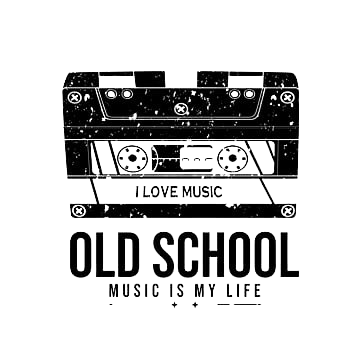As any knowledgeable songwriter will tell you, there is such a thing as getting “too close” to a song. From writing and demoing to recording in the studio, musicians spend a long time with their material. At some point during that process, the initial spark that motivated the track in the first place is bound to dissolve, leaving the songwriter with a piece of music so familiar they’re unable to listen to it objectively. As Jimmy Page discovered, however, a little bit of time away works wonders. Indeed, listening back to an early demo of Led Zeppelin’s ‘Rain Song’ years later, the guitarist discovered something he’d managed to ignore during the making of Houses of The Holy.
By 1973, Led Zeppelin were one of the biggest bands on the planet. Following the release of their fourth studio album, the group embarked on extensive tours of the UK, Australasia, North America and Japan, which lasted from the tail end of 1971 until the first months of 1973. At that point, Robert Plant, Jimmy Page, John Paul Jones and John Bonham started work on their fifth studio effort, Houses of The Holy
One of the most surprising tracks on the album was ‘Rain Song’, a wistful ballad written to prove The Beatles’ George Harrison wrong, who had previously claimed Led Zeppelin were incapable of writing something so tender. Unusually, it was the band’s steel-knuckled drummer, John Bonham, who came in with the initial idea for ‘Rain Song’, with the band working as a unit to craft it into something record-worthy. As such, the track is one of the only Zeppelin songs to feature all four members as composers.
In 2020, guitarist Jimmy Page sat down for an interview with Rolling Stone in which he discussed having unearthed an early demo of ‘Rain Song’. “I recently found a really early [personal demo] tape that had been missing for a long while, but it’s got the full orchestration of ‘Rain Song’,” he began. “It goes all through to the very end, the same way that you know it, even with the bit in the middle where it goes a bit heavier, before it goes back to the light and caressing parts.”
Page continued: “It’s all in there, the Mellotron and everything. And it’s not played as well, like the John Paul Jones version, because I knew he could do a really good job on it. But it’s there, every part of it, every phrase is there, slightly different. And then you hear things that didn’t get used.”
As the man responsible for overseeing the re-release of Led Zeppelin’s albums, Jimmy Page has listened to countless early dubs and rough takes of the band’s classic material. When asked if revisiting Zeppelin’s catalogue had altered his perspective on the group’s output, he said that the experience has only reinforced, in his eyes: “How good it was in the first place.”
He then added: “This is a hard one to believe, but it’s true: When I had all these quarter-inch tapes, which were sort of reference tapes, I had all these different versions of things, such as different takes of when someone was doing overdubs. All I knew about each tape was the title and the date it was made. But I knew what was coming on each one. It was really weird. It was like a DNA imprint.”

